Govt lobbying for AGOA renewal
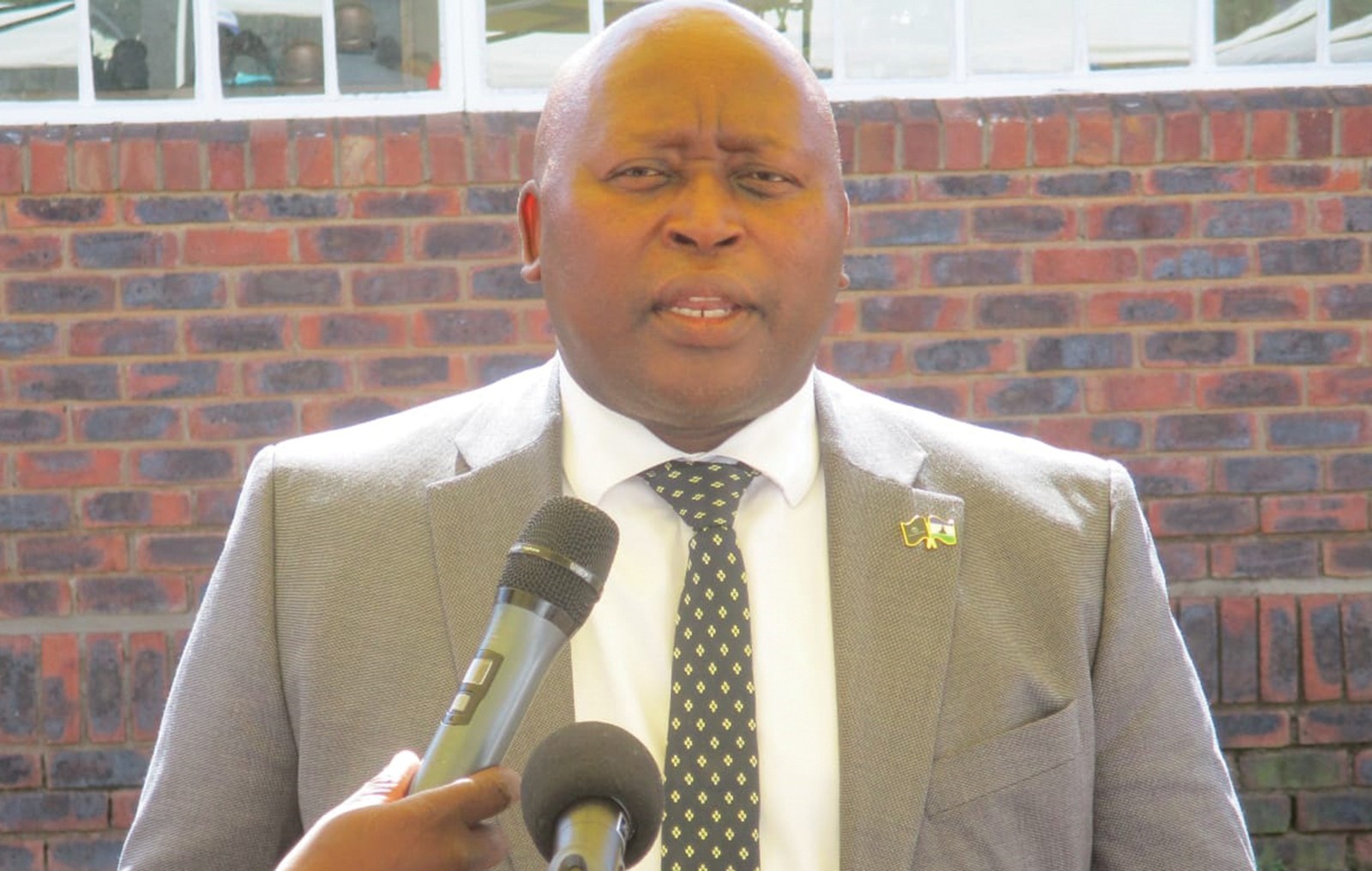
SHARE THIS PAGE!
The Ministry of Trade, Industry, and Business will lead a delegation to the United States (U.S.) at the end of this month to lobby for the extension of the African Growth and Opportunity Act (AGOA), which expires in September.
Enacted in May 2000 and reauthorised by Congress in June 2015, AGOA is a cornerstone of U.S. economic engagement with sub-Saharan Africa. It enables eligible nations to diversify their exports to the U.S., creating jobs and fostering inclusive economic growth through duty-free access to the American market.
In an exclusive interview with theReporter this week, the Minister of Trade, Industry, and Business, Mokhethi Shelile, noted that several African governments, including Botswana and Eswatini, are actively lobbying the U.S. for AGOA’s renewal.
Shelile noted that Lesotho is also taking proactive steps to secure AGOA’s renewal and mitigate associated risks.
He also underscored the importance of increasing the country’s visibility in the U.S. “To this end, we are working closely with the Lesotho Embassy in Washington, D.C., to put together a delegation, which I will lead,” he stated.
The delegation is scheduled to visit the U.S. before the end of the month to meet with representatives from two key U.S. Congressional committees: the Ways and Means Committee and the Finance Committee. These meetings aim to discuss AGOA’s renewal and address any concerns about its continuation.
According to Shelile, if AGOA expires on September 25, approximately 12,000 jobs in Lesotho will be affected. Eleven companies, which collectively employ these workers, rely on exports to the U.S.
“We must stand up and fight because if these factories shut down, the impact will extend beyond these 12,000 jobs. Taxi operators, street vendors, and landlords who depend on the textile industry will also suffer,” the minister warned.
He further indicated that Lesotho is adjusting its trade strategies by increasing exports to the South African market.
“Currently, we are shifting our purchasing patterns away from the U.S. and focusing on the South African market to lessen the impact,” he added.
To support the local textile industry, the government launched the #ReBulaLifeme campaign last year. This initiative has already led to the expansion of nine manufacturing plants that export to South Africa.
Beyond textiles, Shelile stressed the need for economic diversification. He highlighted the potential for investments in data centres, call centres, and automotive component manufacturing, particularly wire harnessing, which is a precision-based industry largely dominated by women.
The Ha Belo Industrial Estate in Botha-Bothe is expected to attract component manufacturers once it opens, further boosting the industrial sector.
Economist Topollo Motlamelle echoed these concerns, warning that failure to renew AGOA would lead to widespread job losses and factory closures, particularly in the textile industry.
“If we can no longer produce textiles for export under AGOA, our Gross Domestic Product (GDP) will suffer significantly,” Motlamelle stated. “Fewer people will be able to participate in the economy, and livelihoods will be severely affected.”
He urged diplomatic engagement to negotiate for AGOA’s continuation, emphasising that proactive negotiations are necessary.
The United States-Africa Forum held in July 2024, under the theme ‘Beyond 2025: Reimagining AGOA for an Inclusive, Sustainable, and Prosperous Tomorrow,’ played a critical role in shaping future trade relations between Africa and the U.S. The primary goal was to secure an extension of AGOA, allowing eligible African countries to continue exporting to the U.S. duty-free.
African nations at the forum expressed a strong preference for extending AGOA under its current terms, arguing that introducing new conditions could create hurdles, particularly for smaller or less-developed economies.
AGOA eligibility requires nations to meet governance criteria set by the U.S., including adherence to the rule of law, human rights protections, and market-based economic policies. Discussions at the forum emphasized the need for African nations to understand and meet these requirements to continue benefiting from AGOA.
A key milestone from the forum was the introduction of a bill to reauthorise AGOA. Signed by the 118th Congress during its second session, the bill seeks to extend AGOA’s benefits from September 2025 to September 2040, ensuring long-term stability for African trade with the U.S.
In another development, the White House on Wednesday announced a new set of reciprocal tariffs targeting dozens of countries, with some of the highest rates imposed on key trading partners. Among the most striking measures is a 50% tariff on imports from Lesotho – the highest rate levied on any nation in the new tariff schedule.
According to the United States Trade Representative (USTR), reciprocal tariffs are calculated to balance bilateral trade deficits between the U.S. and its trading partners. This calculation assumes that persistent trade deficits stem from a combination of tariff and non-tariff factors that hinder balanced trade. Tariffs, the USTR noted, work by directly reducing imports.
The new reciprocal tariff rates range from 0% to 99%, with unweighted and import-weighted averages of 20% and 41%, respectively.
Thabo Qhesi, Chief Executive Officer of the Private Sector Foundation of Lesotho, warned that this move could devastate Lesotho’s textile and apparel sector, which has long benefited from duty-free and quota-free access to the U.S. market.
“If Lesotho was not paying tariffs before, and now suddenly faces a 50% levy, American businesses will look elsewhere for more profitable trade options. We are likely to see the closure of existing businesses, especially in the textile industry,” Qhesi said.
He also expressed concern about the future of AGOA), pointing to the suspension of health programmes like PEPFAR as an indication that AGOA’s renewal may also be at risk.
“If even health-related programmes were halted, what are the chances that AGOA will be renewed?” he questioned.
Qhesi suggested that Lesotho should send a high-level delegation, led by King Letsie III, to negotiate directly with U.S. President Donald Trump. He believes Trump may prefer bilateral trade agreements with individual countries rather than broader continental arrangements.
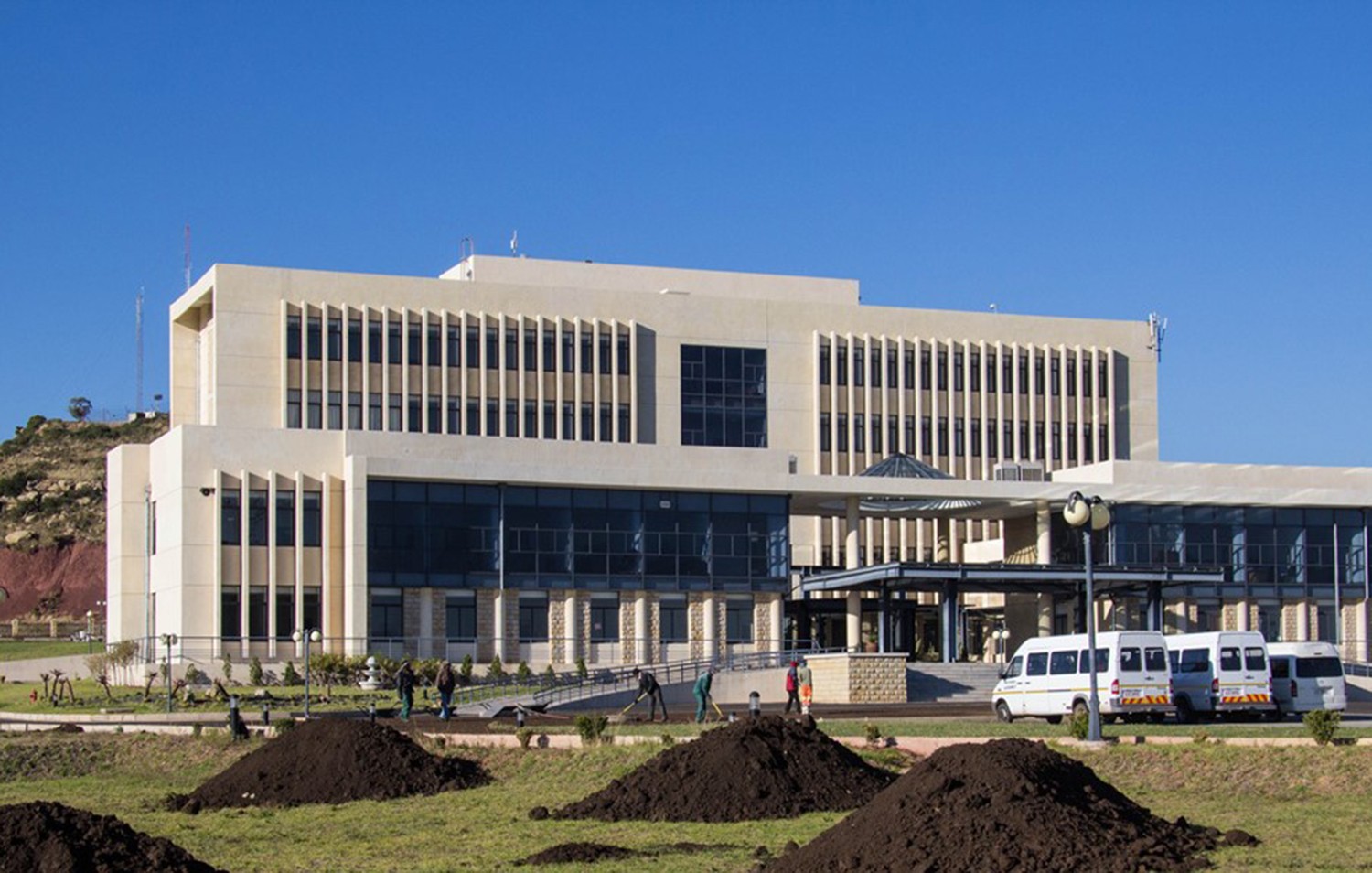
Law Society Bill in Parliament
16 hours ago
Metropolitan unveils new innovations
18 hours ago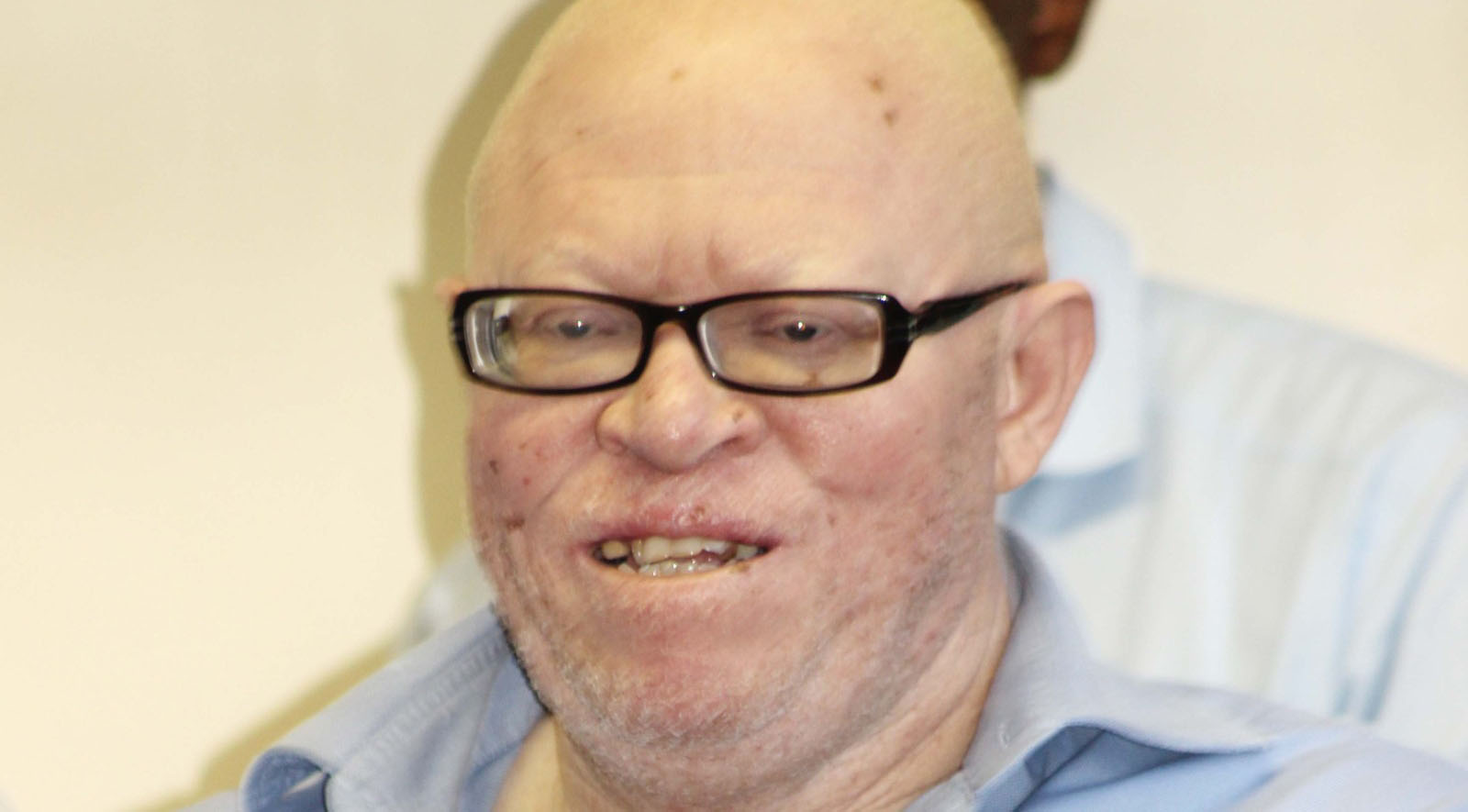
Judiciary in crisis: top judge
2 days ago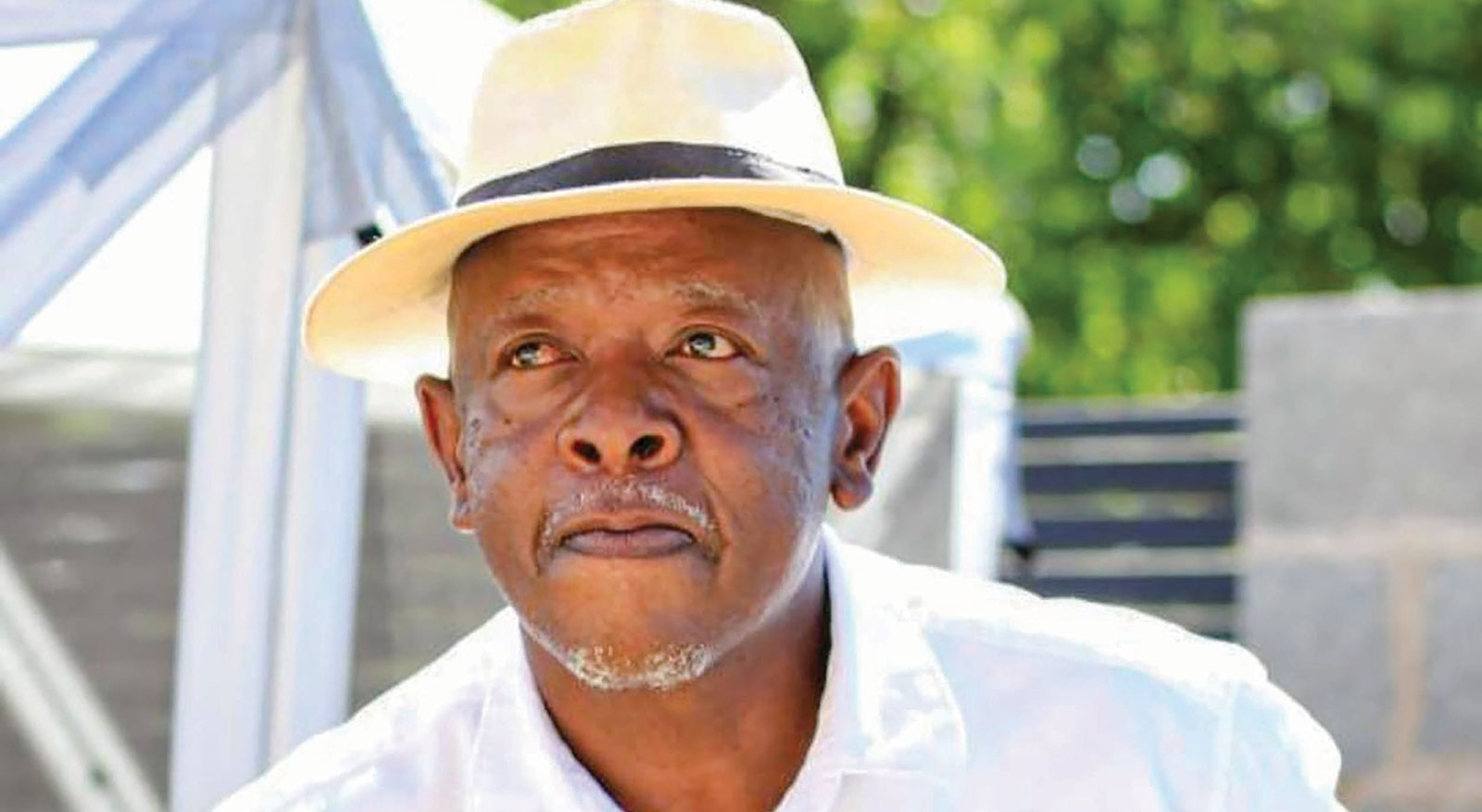
Payment blunder hits DMA workers
2 days ago
Global uncertainty to impact Lesotho economy
2 days ago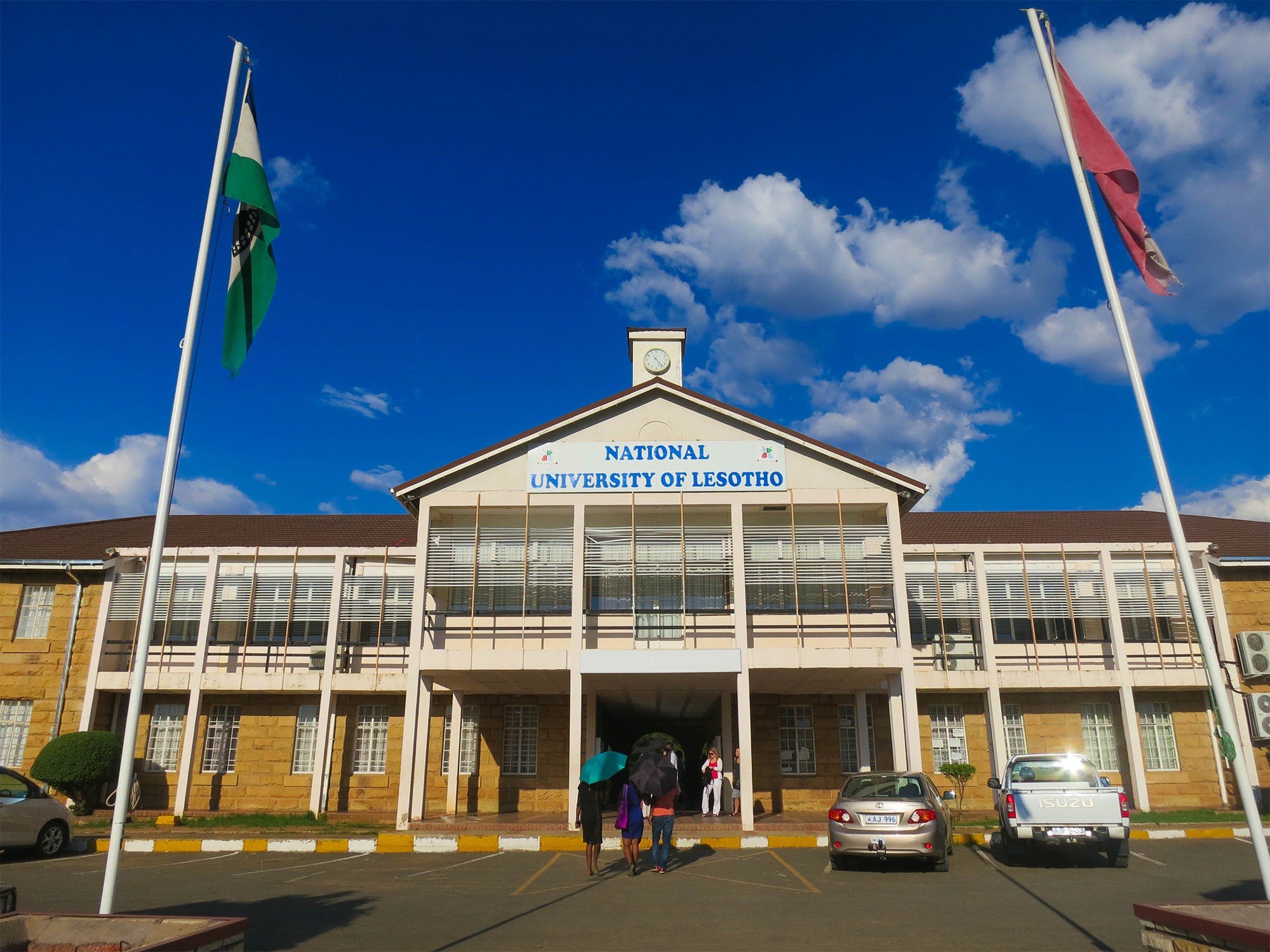
NUL to celebrate 80th anniversary
2 days ago
RSL destroys illicit tobacco products
2 days ago
Part 2 of cannabis expo around the corner
3 days ago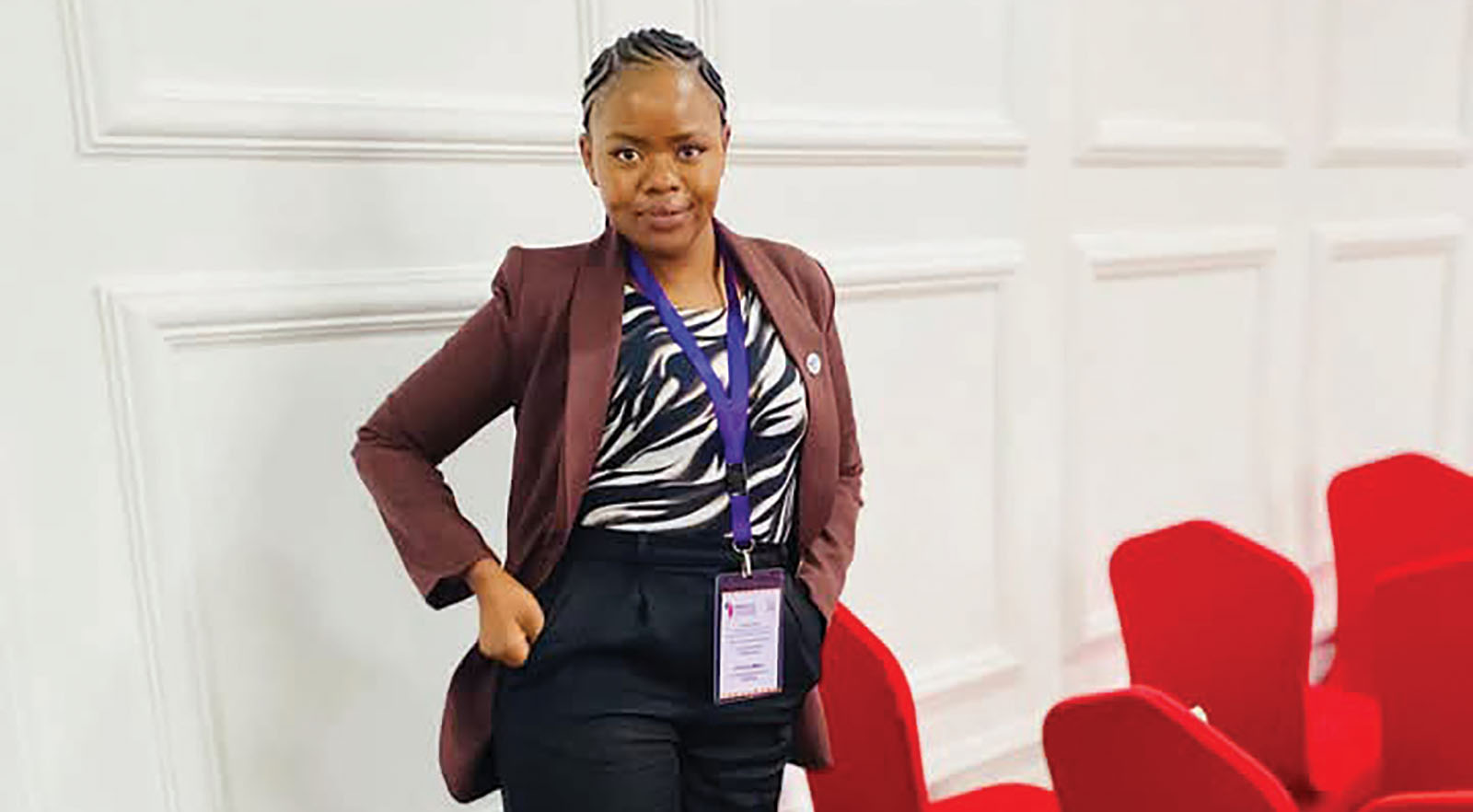
Abortion reform sparks healthcare debate
3 days ago
Govt reacts to US tariff increase
5 days ago